In an era where at-home care services are becoming increasingly essential, ensuring the safety and security of care recipients is of paramount importance. Clients who receive at-home care often include older individuals, those with disabilities, and other vulnerable members of our society. In this blog post, we will delve into the safety measures in place to protect at-home care recipients, shedding light on the peace of mind that both clients and their families can enjoy.
1. Thorough Background Checks and Training
One of the first and most critical safety measures is the rigorous screening of caregivers. Reputable at-home care providers in England conduct thorough background checks on their staff, which encompass criminal records, references, and professional qualifications. Additionally, caregivers receive comprehensive training to ensure they are equipped with the necessary skills and knowledge to provide safe and effective care.
2. Personalized Care Plans
Each at-home care recipient benefits from a personalized care plan tailored to their unique needs and circumstances. This plan includes details about medication management, dietary requirements, mobility assistance, and any other specific care needs. By creating individualized care plans, the risk of errors or omissions is minimized, promoting safety.
3. Regular Monitoring and Supervision
To maintain a high standard of safety, at-home care providers implement regular monitoring and supervision of their caregivers. This helps ensure that care recipients are receiving the quality of care they deserve and that caregivers are adhering to safety protocols.
4. Emergency Response Systems
In case of any unforeseen emergencies or urgent situations, many at-home care providers offer 24/7 emergency response systems. These systems can include panic buttons, fall detection devices, and round-the-clock support, providing immediate assistance and peace of mind to care recipients and their families.
5. Medication Management Protocols
Safe and accurate medication management is a crucial aspect of at-home care. Caregivers follow strict protocols for administering medications, preventing medication-related accidents or errors. This includes proper labelling, dosage tracking, and timely administration.
6. Regular Safety Assessments
Safety assessments are conducted regularly to identify potential hazards within the home environment. This proactive approach helps in preventing accidents and falls by addressing issues such as loose carpets, clutter, or inadequate lighting.
7. Client and Family Involvement
Safety is a collaborative effort, and many at-home care providers encourage the active involvement of the care recipient and their family members in the care process. Open communication and feedback mechanisms ensure that concerns are addressed promptly, enhancing overall safety.
Ensuring the safety and security of at-home care recipients are of utmost importance. Reputable at-home care providers go to great lengths to implement comprehensive safety measures to protect their clients. These measures encompass caregiver qualifications, personalized care plans, monitoring and supervision, emergency response systems, medication management, safety assessments, and open communication with clients and their families.
When selecting an at-home care provider, it’s crucial to inquire about the specific safety measures in place to ensure that your loved ones receive the care and support they deserve in a safe and secure environment. With these measures in place, both clients and their families can have peace of mind knowing that their well-being is a top priority.
If you would like to find out more about our homecare services, then please don’t hesitate to get in touch with our team at Lifestyle Homecare today.

